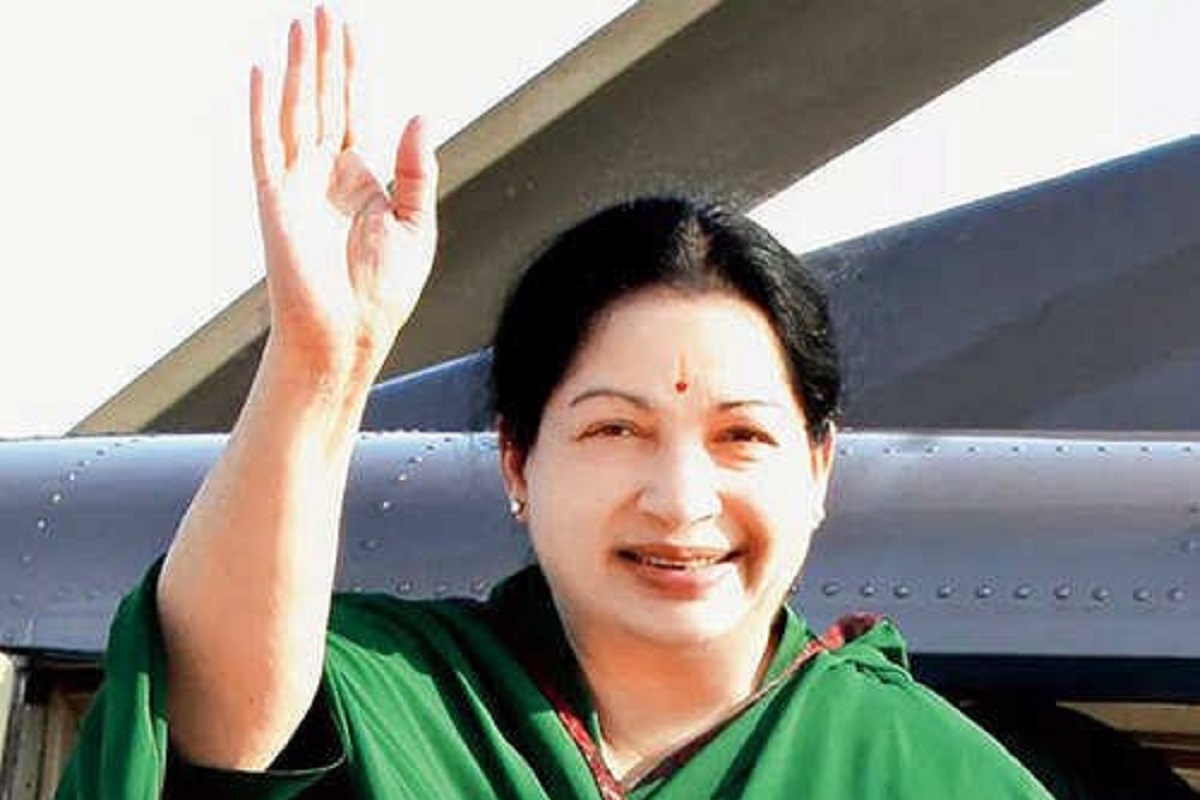Pitch for TN
Amidst the kaleidoscope of Tamil Nadu’s political landscape, the Bharatiya Janata Party (BJP) finds itself entangled in a complex web of identity, ideology, and electoral aspirations.
Tamil Nadu’s political landscape has been nurtured by the Dravidian movement which was built on the ethos of Tamil culture, language and valour which, whether one likes it or not, is different from the rest of the country.

(Image: Twitter/@sumanthraman)
Dravidian politics ended Congress rule in Tamil Nadu, known as Madras State, in 1967.
Ever since, the Dravida Munnetra Kazham or the All-India Anna Dravida Munnetra Kazham has been ruling Tamil Nadu. Elections seldom produced any surprise although a plethora of political parties covetes Fort St George.
Tamil Nadu’s political landscape has been nurtured by the Dravidian movement which was built on the ethos of Tamil culture, language and valour which, whether one likes it or not, is different from the rest of the country.
Advertisement
The distinctive features of the Dravidian movement have effectively blocked the entry of national parties from gaining the upper hand in the State. Periyar Ramaswamy, founder-leader of the Dravida Kazhagam, did not believe in electoral politics.
With a view to involving the people of Tamil Nurtured in self-governance, CN Annadurai split the DK and formed the DMK in 1948. It was ill prepared to contest the first General Election in 1952, which produced a hung Assembly and resulted in a coalition government led by the Congress.
Although the Congress consolidated its position in 1957, it could not hang on to power beyond the 1962 election. The DMK was split in 1972 by MG Ramachandran because he was expelled from the party and he founded the AIADMK. MGR groomed J Jayalalitha as his political successor which the seniors in the party opposed.
They installed Janakiamma, MGR’s wife, as Chief Minister on his death. In the subsequent Assembly election Jayalalitha trounced Janakiamma and emerged as the absolute leader of the AIADMK.
A somewhat similar situation is facing the AIADMK in the current Assembly election. The one and only person Jayalalitha groomed as her political heir is VK Sasikala, her live-in companion of more than three decades who understands the AIADMK like the palm of her hand. Abandoning the Dravidian ethos, Chief Minister Edappadi Palaniswamy and senior leaders of the party have endorsed the Hindutva ideology and entered into an electoral alliance with, among others, the BJP.
Jayalalitha had excellent rapport with Prime Minister Narendra Modi and senior BJP leaders. But she had vowed to keep the saffron party at an arm’s length when it comes to electoral alliance. In her long political career, the only election in which she drew an absolute blank was the 2004 Lok Sabha polls which the AIADMK contested as an ally of the BJP.
The present ruling dispensation claiming to usher in ‘Jayalalitha’ rule, has been doing just the opposite. The number of women candidates of the AIADMK has been reduced from 31 to just 14.
Although Tamil Nadu has pioneered women’s suffrage, inheritance laws, recruitment to government jobs and police forces, it has been slow to induct them to political power. Jayalalitha overcame all obstacles and emerged victorious.
In the 2016 election manifesto, Jayalalitha promised to introduce prohibition in a phased manner.
Instead, the government has opened the floodgates of bars in the State. Many of the infrastructure projects begun before her death, particularly flyovers in Chennai, remain unfinished, dangling in mid-air. Palaniswamy should emulate the policies and programmes of Jayalalitha instead of simply mouthing them if he wants to return to power. Opposition DMK is knocking on the doors of Fort.
Advertisement